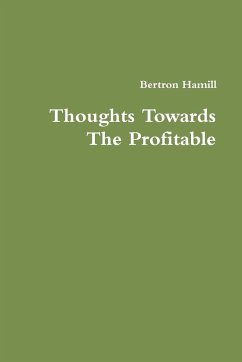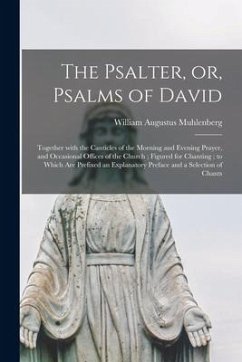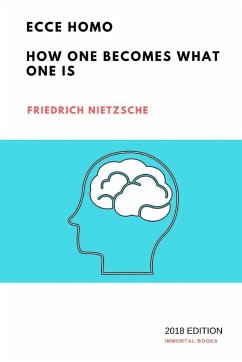
Morning And Evening Thoughts

PAYBACK Punkte
6 °P sammeln!
One of the first great modern writers of motivational and inspirational books, James Allen has influenced millions around the world through his classic work As a Man Thinketh. This little book, first published in 1909, gathers the essence of his insight into a month's worth of twice-daily affirmations and meditations culled from his many inspiring works. From the necessity of sacrifice in aiming for blessedness to the healing power of sympathy, Allen's words still sing sweetly today, a century after they were written.








![Short Prayers for Every Morning and Evening in the Week [microform]: Also, Prayers for Special Occasions Such as Public Meetings, Traveling, Returning Cover Short Prayers for Every Morning and Evening in the Week [microform]: Also, Prayers for Special Occasions Such as Public Meetings, Traveling, Returning](https://bilder.buecher.de/produkte/65/65574/65574682n.jpg)
![The People's Worship and Psalter [microform]: a Complete Order of Service for the Morning and Evening Worship of Christian Congregations Cover The People's Worship and Psalter [microform]: a Complete Order of Service for the Morning and Evening Worship of Christian Congregations](https://bilder.buecher.de/produkte/66/66120/66120648n.jpg)



